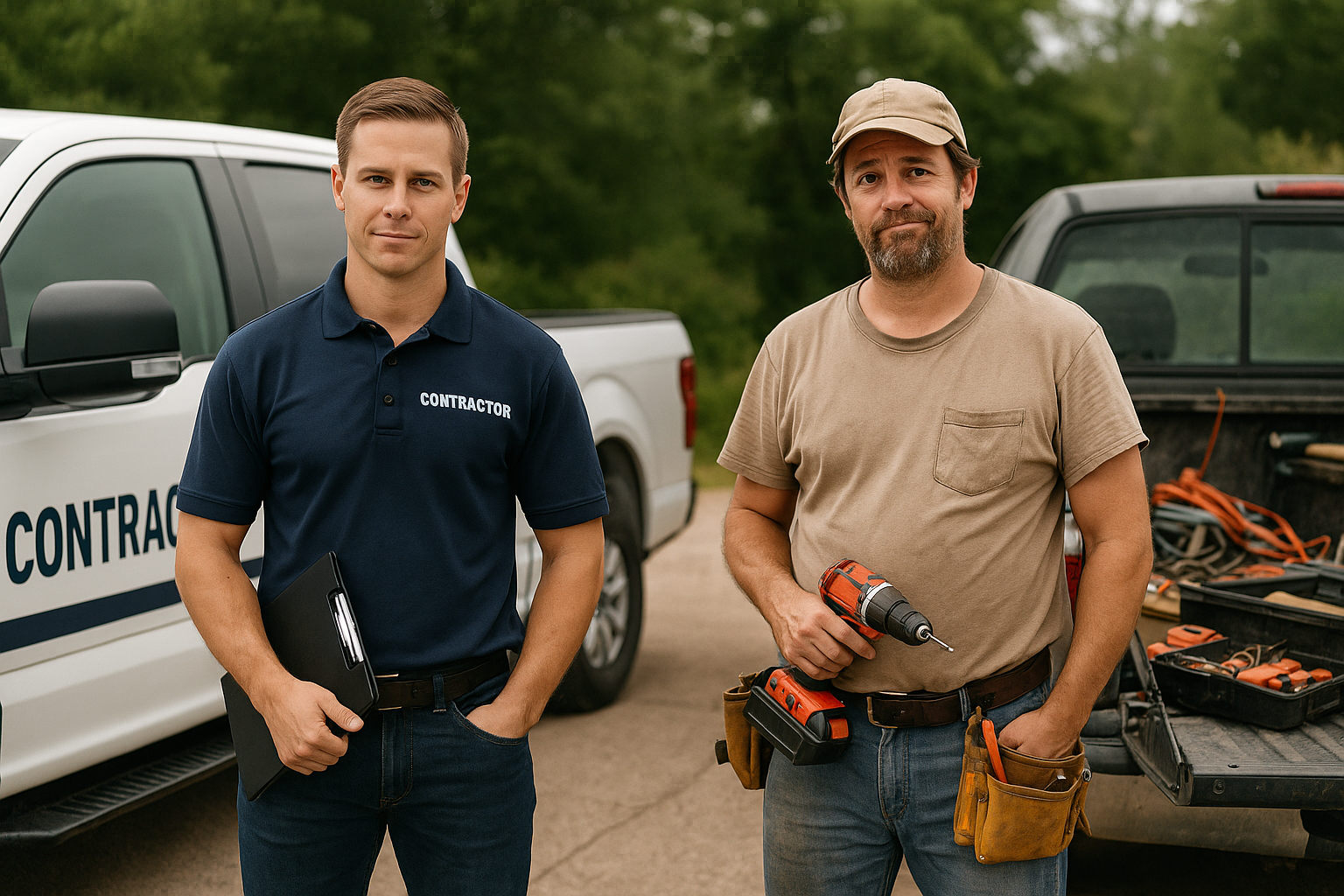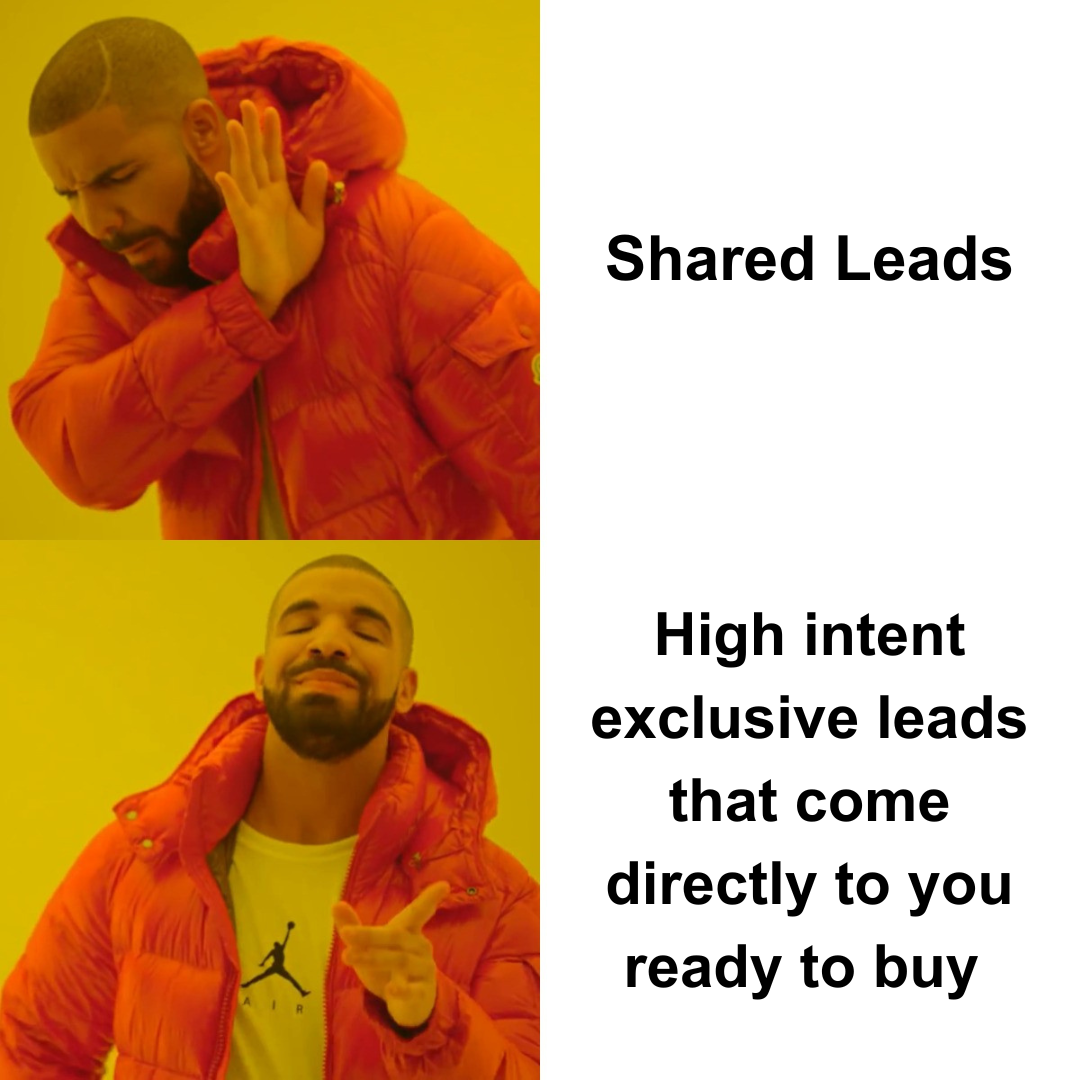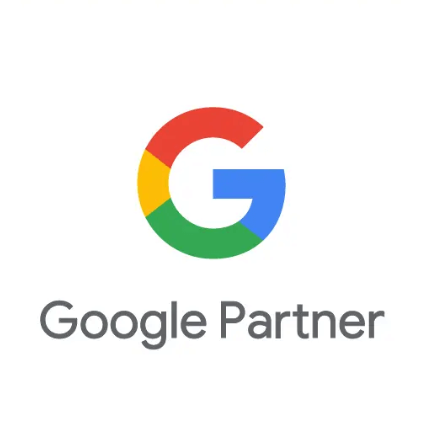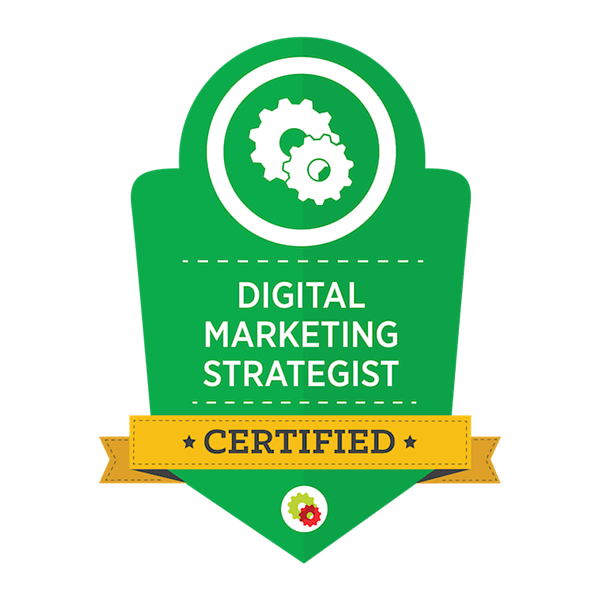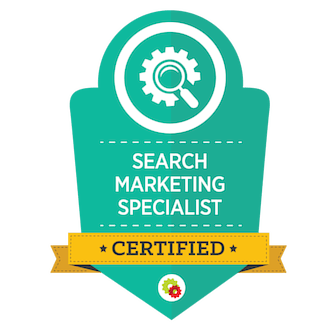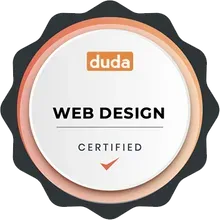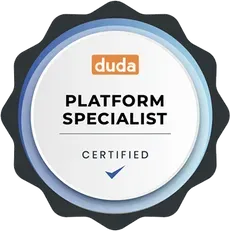Facebook Page vs. Business Website: Which Is Right for You?
Let's cut to the chase: If you're running a business, you need a website. It's not an optional extra; it's a fundamental requirement for success. However, there's a common misconception that having a Facebook page is enough. In this blog post, we'll explain why relying solely on a Facebook page is not in your best interest and why a business website is an essential addition to your online toolkit. Plus, we're excited to offer you a free website consultation to help you take the next step.
The Role of a Facebook Page:
A Facebook page can be a powerful asset for your business. It offers the potential for a broad reach, facilitates social interaction, and enhances brand visibility. With a strong presence on this social media giant, you can connect with your audience and foster engagement. But is it enough?

The Limitations of Relying Solely on a Facebook Page:
While Facebook has its merits, it also has limitations. The control over your content is in the hands of a platform with ever-changing algorithms, making it challenging to ensure your content reaches your audience. Additionally, boosting posts or running ads comes with a price tag. Relying solely on Facebook means you may be at the mercy of these constraints.
The Benefits of Having a Business Website:
Here's where a business website comes into play. It's not just a nice addition; it's a strategic necessity. With a website, you regain control and can customize your brand identity, which is crucial for creating a lasting impression on your audience. Your website is a central hub for your business, making it easier for potential customers to find information about your services, view your portfolio, and get in touch.
Key Differences Between Facebook and a Business Website:
Control and Ownership:
When you have a website, you're in control. You dictate the content, design, and functionality. In contrast, a Facebook page is subject to changes in Facebook's policies and algorithms, and you don't own or control the platform. This control is crucial for branding and marketing purposes.
Branding and Customization:
Your
brand identity is unique, and a website allows you to showcase it fully. You can customize your fonts, color schemes, and overall design to align with your brand and business identity, which can't be done on a Facebook page.
Information Accessibility:
A website provides a structured and organized way to present detailed information about your services, portfolio, pricing, and contact details. Customers can easily find what they need without sifting through a social media feed.
SEO (Search Engine Optimization):
Websites are essential for improving your search engine visibility. Properly optimized websites can rank higher on search engines like Google, Bing, and even Youtube, making it easier for everyone to discover your services online. In comparison, you have no control over the SEO of Facebook pages.
Analytics and Data:
Websites offer advanced analytics tools that allow you to track user behavior, monitor website traffic, and gather valuable insights about your visitors. These insights can help you make informed decisions to improve your business.
E-commerce Capabilities:
Suppose you plan to sell products or services directly through your online platform. In that case, a website provides a more robust e-commerce infrastructure than a Facebook page.
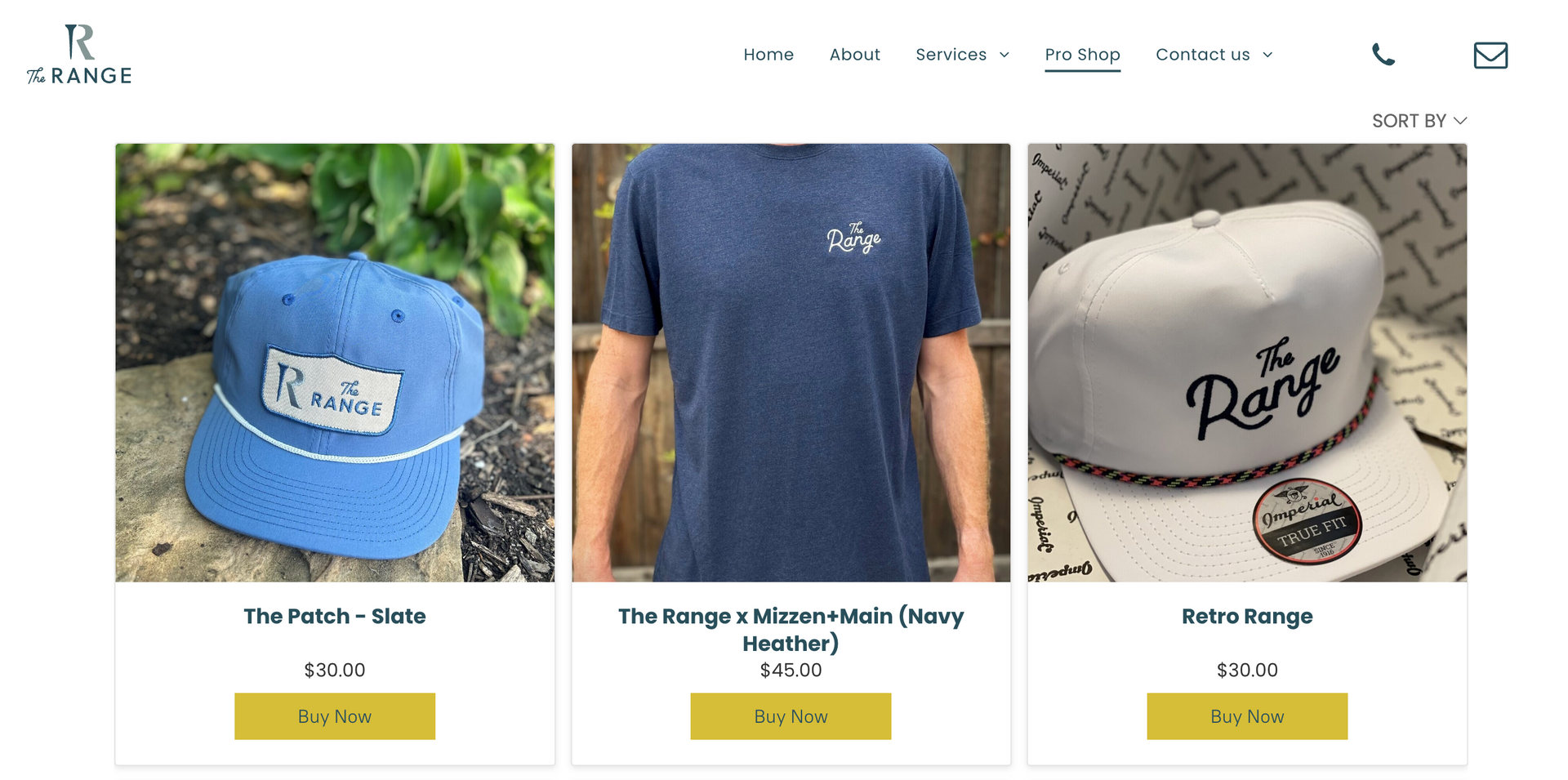
Contact Forms and Lead Generation:
Websites can include contact forms, allowing visitors to inquire about your services directly. This feature streamlines lead generation and communication with potential clients, which can be crucial for a contractor's business.
Trust and Credibility:
Many people trust businesses with dedicated websites more than those relying solely on social media. A website adds a layer of legitimacy that can help you gain the trust of potential clients.
Long-Term Sustainability:
A website is a long-term investment that can serve your business for years. Social media platforms can evolve or fall out of favor, making a dedicated website a more sustainable solution.
Ownership and Appreciation:
One of the most significant advantages of having a dedicated website is that you own it. Your website is a valuable digital asset, much like owning property or real estate. Over time, it appreciates in value, contributing to the long-term growth of your business. This ownership ensures you maintain complete control and can make updates or changes as your business evolves.
The Long-Term Value of a Business Website:
A website isn't just for today; it's an investment in your business's future. It's a digital asset that evolves and grows with your business, offering long-term sustainability compared to the fleeting trends of social media.
Get a Free Website Consultation:
Now that you understand the importance of having a business website, we invite you to take the next step. At Roundhouse Digital Marketing, we're here to help you navigate the world of web design and online marketing. We're pleased to offer you a free website consultation to assess your specific needs and help you unlock the full potential of your online presence. Contact us today to get started!
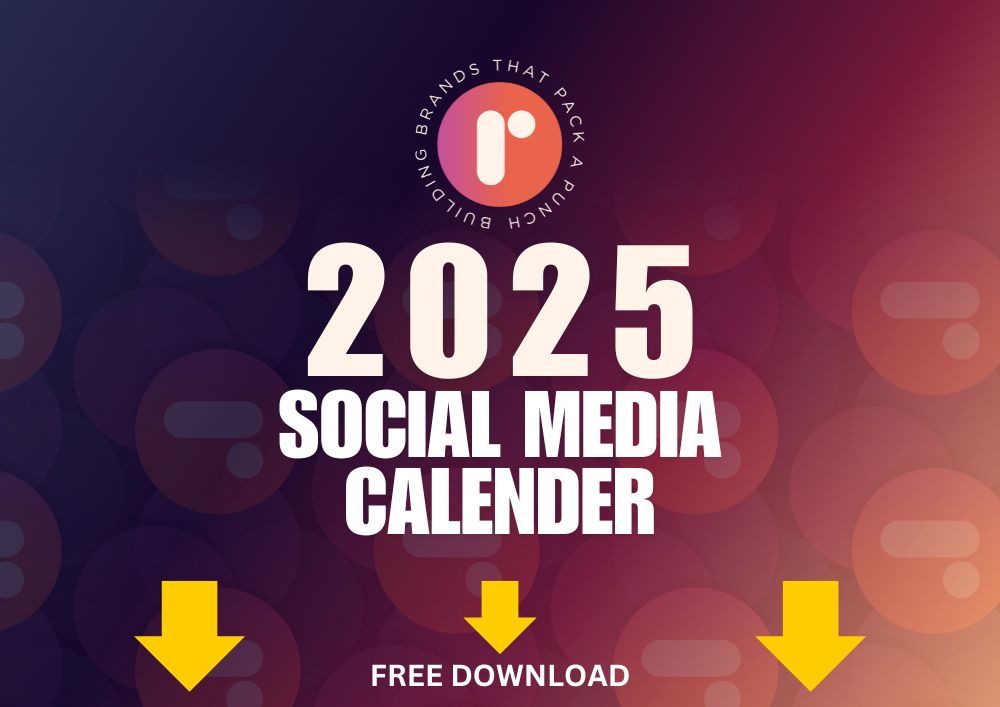
Get Fresh Content From
Roundhouse Digital Marketing
About The Author:

Philip Ellis
Founder and CEO, Roundhouse Digital Marketing
My name is Philip and I am a web design and client attraction consultant. I specialize in helping contractors, roofers, home builders, and other local service-based businesses get more views, leads, and sales online.
With over 12 years of experience in the industry, I have the knowledge and skills to create stunning websites and effective digital marketing campaigns that drive results for my clients.


